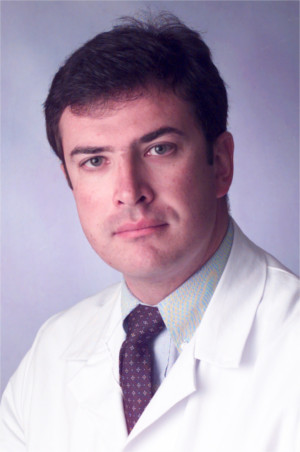20/Feb/2020 | 16:30 - 18:00
Building Ferrari 2, room B107
Via Sommarive 9, Povo
Opening speeches by Prof. Flavio Deflorian, Vice-Rector of the University of Trento, Prof. Paolo Giorgini, Head of the DISI Department, and the Lectio Magistralis by Prof. Marco Zenati:
Artificial Intelligence in Healthcare: The Hype, The Hope, The Promise, The Peril
The emergence of artificial intelligence (AI) as a tool for better health care offers unprecedented opportunities to improve patient and clinical team outcomes, reduce costs, and impact population health. Examples include but are not limited to automation; providing patient and health care professionals’ information synthesis; and recommendations and visualization of information for shared decision making. While there have been a number of promising examples of AI applications in health care, it is critically important to proceed with caution, or we may end up with user disillusionment and another AI winter, and/or further exacerbate existing health and technology driven disparities.
Short bio

Full Professor of Surgery at the Harvard University School of Medicine in Boston, Massachusetts, he trained in Italy with studies in Medicine at the Catholic University of the Sacred Heart in Rome and the University of Verona. After specializing in cardiac surgery and fellowship at the University of Pittsburgh in Pennsylvania, he founded one of the first robotic surgery centers and operates the first patient in the United States with a heart-beating robotic cardiac surgery technique. He directs the Medical Robotics & Computer-Assisted Surgery (MRCAS) Laboratory, funded by research funds assigned by the National Institute of Health, and collaborates with the Robotics Institute of Carnegie Mellon University and the Computer Science & Artificial Intelligence Laboratory of the Massachusetts Institute of Technology. He is the author of more than 200 peer-reviewed scientific papers and is the inventor of various patents. In 2005 he founded the start-up Medrobotics, for the development of the FLEX system for robotic surgery. He is Associate Editor of the IEEE Transactions on Medical Robotics and Bionics magazine.
